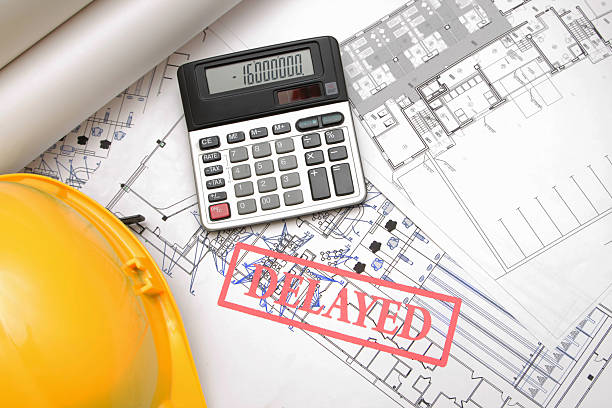18-08-2023
In this blog, we will delve into how Arbicon can help you navigate the challenges of construction delays.
Why do we need delay analysis in construction?
Delays in construction projects are a cause of significant financial losses and they are one of the most common sources of disputes in the construction industry. When a construction project experiences a delay the burden of proof for any delay is on the contractor. It is essential that the contractor records and carries a delay analysis that determines who is responsible for the delay with proof. Collecting the right evidence and quantifying the damages as work proceeds is a must. One of the big mistakes is to pacify the employer with promises with the programme to catch up, without any kind of formal delay notice, which have to be served at the time. Delays can stem from a variety of sources, for example, unforeseen weather events, access, design changes and supply chain disruptions. Whatever the delay event they need to be recorded and reported so delay analysis should be conducted as work proceeds.
How Arbicon can help you with your construction delay dispute
The most common situations we have to deal with is when the project is complete. That is, retrospective delay analysis. If delay analysis is not being conducted as the work proceeds that is a mistake. Arbicon can be employed to monitor and report delays as work proceeds, but our forensic quantum delay expertise is most often in retrospective investigations.
We use specific delay analysis techniques to identify the causes of the construction delay, quantifying their impact and assigning responsibility, which can be intricate tasks. This is where Arbicon's expertise becomes invaluable.
-
Determining Responsibility - Liability
In construction projects, there are typically many parties involved, client, contractor, subcontractors, architects and engineers. When a delay occurs, it is crucial to identify who is responsible for the delay. In some cases, it may be clear but in other cases, it may be more complicated. Arbicon will review all relevant documentation and identify all the factors that contributed to the delay and who is responsible. Some delays will be concurrent or neutral, but the important thing is to determine a right to an extension of time and why.
-
Quantifying the Delays
The impact of the delays, identifying culpability, all mitigating circumstances, the critical path analysis and how events were avoidable or unavoidable will be presented in the extension of time claim. The quantum of the delays depends entirely on the records, facts, analysis and proper presentation of the claim in order to resolve the time dispute. It follows that value of liquidated damages or loss and expense can then be determined from the outcome of the extension of time granted or the adjudicators decision.
Conclusion
Delay disputes are common in the construction and engineering industries. Contractors have the evidential burden to prove why the project is late. The employer does not, they simply deduct liquidated damages without any need to prove. Where the contract completion date is fixed, either by the contract or any extension of time award it is essential that contractors manage delays with contemporaneous records and employ experts such as Arbicon as work proceeds or retrospectively to reduce the risk of significant losses from delays or to rectify delay disputes.


